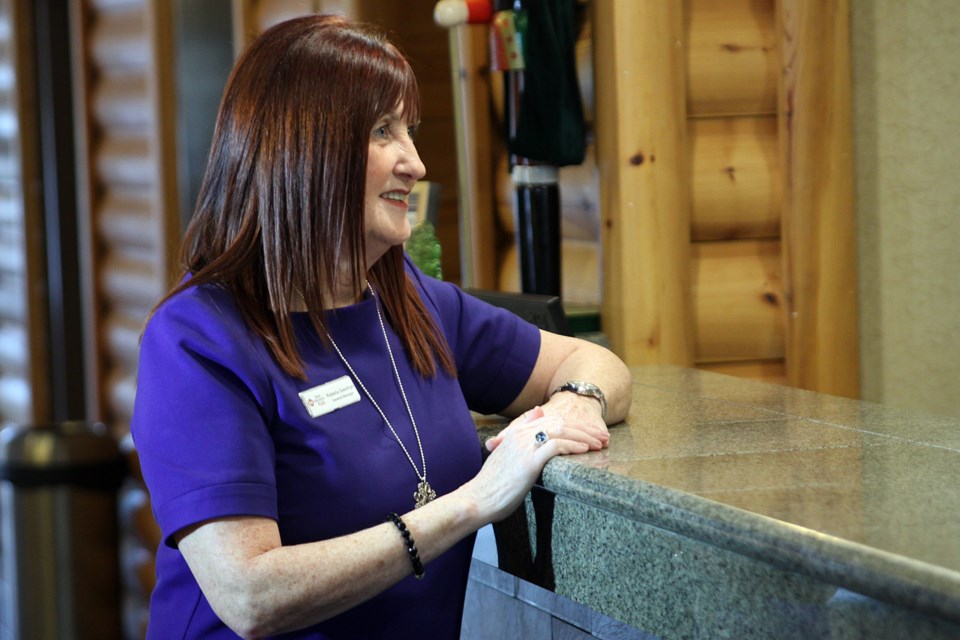THUNDER BAY –The city will explore imposing a new tax hotel that could generate as much as $2.5 million annually.
Municipalities across Ontario have been given the option to implement an accommodation tax on short-term stay facilities, a new revenue tool that was included in this year’s provincial budget.
“The province has established the regulations, city council has the option of imposing the tax,” city director of corporate strategic services Karen Lewis said at Monday night’s council meeting.
“City council makes the decision on whether to impose it and to set out the scope and terms. It’s quite broad, the language and part of what we’ll be doing for the review is delving into that a little more deeply and we know cities across Ontario are having these same conversations and we’ll be talking to each other as well.”
The final regulations are expected to be released by the province on Friday, with each municipality able to determine the rate that would be charged if they choose to go forward with the tax.
Lewis said estimates indicate a two per cent tax would yield about $1.3 million while a four per cent rate could generate $2.5 million. Of the funds collected, 50 per cent would be kept by the municipality while the other half must be provided to a non-for-profit tourism entity to further promote the industry.
The city’s hotel occupancy rate was 74 per cent through the first eight months of the year, a four per cent increase from the same period during 2016. In July and August local hotels were running at nearly 90 per cent full. Thunder Bay had the third highest occupancy rate in Canada for August behind only metropolitan Vancouver and Halifax.
Thunder Bay Hotel Association chair Roberta Sawchyn said while travellers to the city would have to get used to the added dollar figure on their bill, local hoteliers have a generally positive opinion on implementing a tax.
“We believe we can develop a lot of things in Thunder Bay with those dollars to develop product so we bring more people to Thunder Bay through a better offering of tourism product for our area,” said Sawchyn, who manages the Best Western NorWester. “These dollars can be used for a wide range of things like sports bids or different convention bids for our city.”
During discussions on Monday, Coun. Andrew Foulds advocated for any revenue generated from the tax to be put into recreation infrastructure that could further spur tourism.
“There’s two aspects of making that investment. The investment for the citizens to use every day but the investment perhaps pays for itself in a couple of years by hosting two or three events,” Foulds said.
While Lewis, who is a member of the administrative working group probing the issue along with city tourism officer John Cameron and city treasurer Linda Evans, said a financial plan would look at product development it would also require discussions with community services about addressing greatest needs.
Sawchyn, who suggested a rate of between two and three per cent, urged for the money to be reinvested back into the industry that generated the funds in the first place.
“The last thing we need to happen is these tax dollars get lost in the tax coffers. That would be the worst thing to happen,” Sawchyn said.
“There needs to be a committee set up and we need to designate those specific dollars to specific tourism things, not just letting it get mixed up in our tax base.”
Lewis said the working group is expecting to develop a proposed plan to bring to council in 2018.
